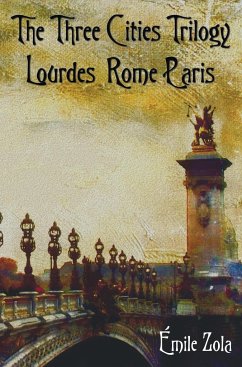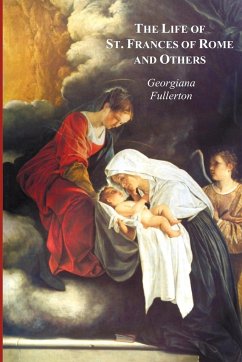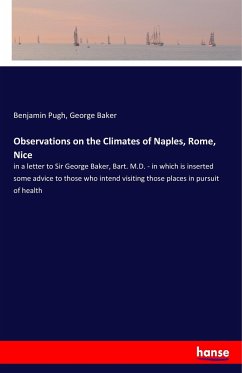This is a trilogy written by Zola with vivid characters and moving storylines. We follow the main character, Abbe Pierre Froment, as he travels to three cities. Spiritual themes are explored and the three books have also been called "Faith, Hope and Charity". The first book is about a five day train trip to Lourdes and back. Zola explores the issue of suffering and the faith in miracles. In the second book Abbe is warned that a book that he authored may be banned by the Vatican Council and the Pope. So to stop this happening he travels to Rome to plead his case. The third book is often regarded as the greatest of the trilogy. Abbe Pierre Froment has had his faith shaken, once in Lourdes and then again Rome. Now he returns to Paris and unbeliever, but he decides that at least he can give hope to the poor of Paris and does so by helping Abbe Rose.








